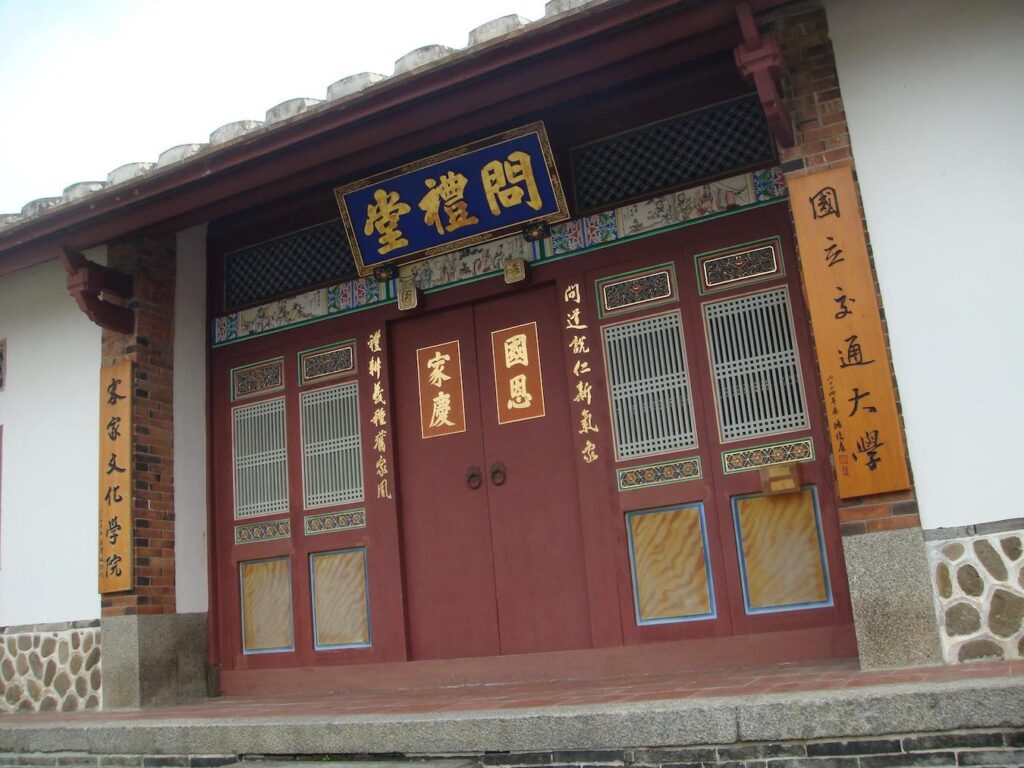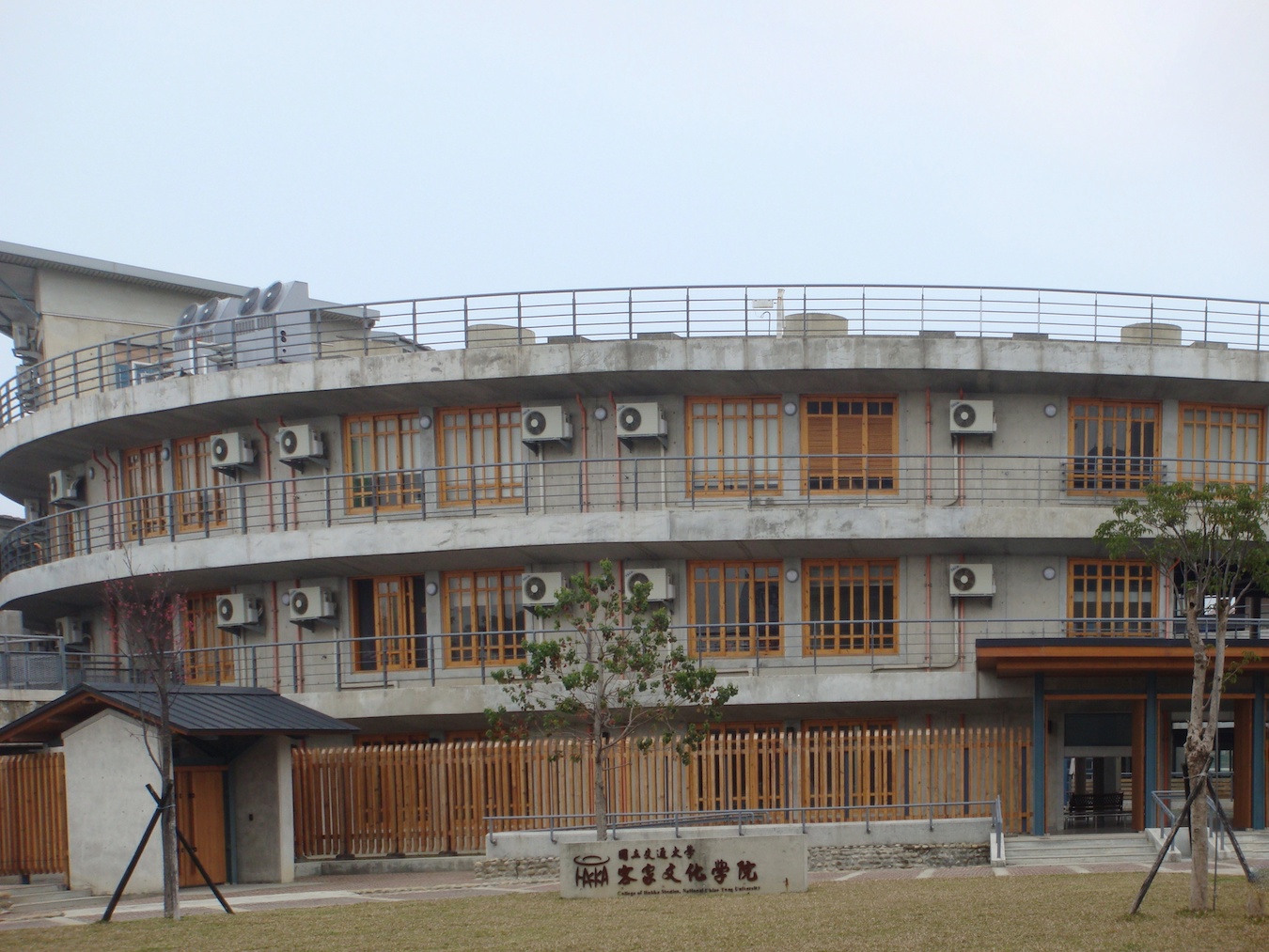by Brian Hioe
語言:
English
Photo credit: Milkmom0529/WikiCommons/CC BY-SA 3.0
OVER 4,000 HAVE signed a petition against development plans by National Yang Ming Chiao Tung University (NYCU) for the campus of its College of Hakka Studies, which is located in Zhubei.
In particular, the campus is built around six Hakka historic settlements. As such, the college has been praised for its historic nature as well as how this accord to the aims of the College of Hakka Studies. The structures on the campus are over three hundred years Old.
Nevertheless, development plans by the university call for using the campus to provide office space for the Phison Electronics Company, with 70% of the campus used for offices, and only 30% by the university. The petition began after educators at the university criticized administrators for failing to realize the historical value of the campus. Even if administrators claim that the development plans will not threaten the structure, professors at the university have compared the development plans to plunging a knife into the heart of the campus.
This is not the first time in recent memory that university development has been contested, because of the potential threat to historic structures. Earlier this year, local residents around the Taipei Brewery, as well as union workers at the brewery, protested against plans by the city government to sell land owned by the brewery to the National Taipei University of Technology (NTUT).
The plans downsized the brewery area by one-third. But local residents and union members questioned whether the NTUT, in fact, requires the land. Namely, the land that is to be sold to NTUT would be used for expanding the university’s campus, but the university already seemed to have adequate space, particularly as campus structures as the first floor of the main building are currently used for a luxury car dealership.

Photo credit:
Indeed, local residents and union workers called attention to the potential harm to their jobs, as well the historical preservation of the Taipei Brewery. The Taipei Brewery was established during the Japanese colonial era in 1919. As such, with more than a history of brewing alcohol, the Taipei Brewery is seen as a cultural asset that should be preserved by local residents and union workers, who have framed the issue as that the brewing which occurs at the Taipei Brewery and its value as a historic site cannot be separated. Consequently, NTUT was criticized as seeking to grab land by claiming it needs to expand its campus. It was suggested by local residents that NTUT may, for example, be hoping to build a luxury high-rise on the site, seeing as the Taipei Brewery sits on premium real estate in central Taipei.
So, too, with NYCU, in which the university administration was accused of seeking to speculate on land in the name of cooperation between universities and corporations, even if this threatens historic structures. But this perhaps more broadly points to issues in Taiwan regarding the corporatization of universities.
Taiwan saw an explosion in the number of colleges and universities from 28 in 1985 to 145 by 2005. This has been criticized as leading to a situation in which universities facing declining enrollment turn to other means of making money, as well as a situation in which tuition costs have risen. Apart from land speculation, there have also been incidents in which Southeast Asian students studying in Taiwan are made to work in factories despite having been promised scholarships. With a number of repeated incidents along these lines, one notes how these prove cases in which universities collude directly with migrant labor brokers in order to take advantage of students, with a shift toward recruiting students from Southeast Asia to make up for declining enrollment numbers.
The NYCU administration has claimed that there will be further consultations going forward, as well as that the university will seek to ensure that historic structures are not damaged. But whether this takes place or not remains to be seen.



